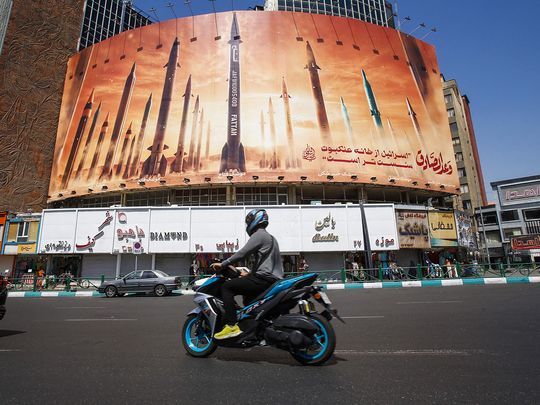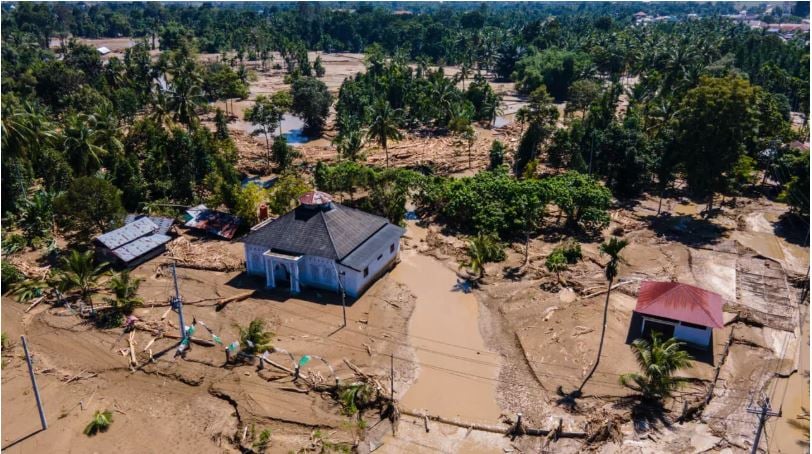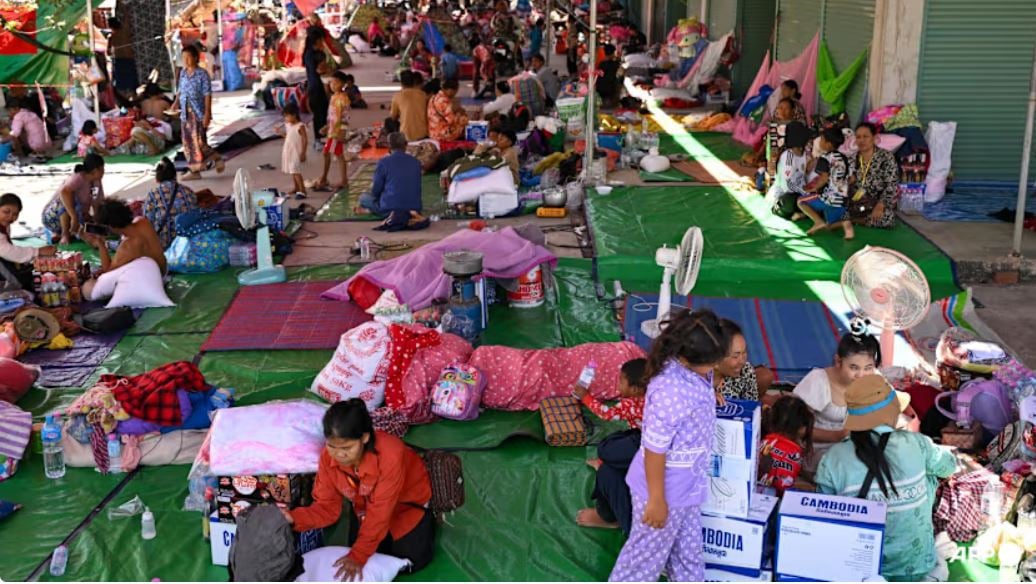Explosions reverberated through an Iranian city on Friday, purportedly the aftermath of an Israeli attack, although Tehran downplayed the incident, signaling a desire to avoid escalating tensions and averting a broader conflict in the region.
Sources described the attack as limited in scale, and Iran's subdued reaction suggested a concerted effort by diplomats to prevent a full-scale war following last Saturday's Iranian drone and missile strike on Israel.
Iranian media and officials reported a series of explosions, attributing them to Iran's air defenses intercepting three drones over the city of Isfahan. Notably, they refrained from directly implicating Israel, instead referring to the incident as an attack by "infiltrators," potentially to mitigate the need for retaliatory action.
An Iranian official indicated that there were no immediate plans to retaliate against Israel, emphasizing the lack of confirmation regarding the foreign source of the incident.
Israel maintained silence regarding the reported attack, despite earlier statements hinting at retaliation for Iran's recent strikes. The United States, although reportedly informed in advance about Israel's actions, did not endorse or participate in the operation.
According to US media sources, Israel provided advance notification of the strike, but Washington played no role in its execution. Reports confirmed a strike inside Iran, with officials clarifying that the target was not a nuclear facility.
The recent exchange of hostilities between Israel and Iran marked a significant escalation, particularly since April's presumed Israeli airstrike on Iran's embassy compound in Damascus. Iran's direct attack on Israel last Saturday, while unprecedented, resulted in minimal damage and no casualties due to intercepted missiles and drones.
In light of these developments, allies, including the United States, have intensified efforts to ensure that any further actions are carefully calibrated to avoid triggering a dangerous escalation of hostilities.
Sources described the attack as limited in scale, and Iran's subdued reaction suggested a concerted effort by diplomats to prevent a full-scale war following last Saturday's Iranian drone and missile strike on Israel.
Iranian media and officials reported a series of explosions, attributing them to Iran's air defenses intercepting three drones over the city of Isfahan. Notably, they refrained from directly implicating Israel, instead referring to the incident as an attack by "infiltrators," potentially to mitigate the need for retaliatory action.
An Iranian official indicated that there were no immediate plans to retaliate against Israel, emphasizing the lack of confirmation regarding the foreign source of the incident.
Israel maintained silence regarding the reported attack, despite earlier statements hinting at retaliation for Iran's recent strikes. The United States, although reportedly informed in advance about Israel's actions, did not endorse or participate in the operation.
According to US media sources, Israel provided advance notification of the strike, but Washington played no role in its execution. Reports confirmed a strike inside Iran, with officials clarifying that the target was not a nuclear facility.
The recent exchange of hostilities between Israel and Iran marked a significant escalation, particularly since April's presumed Israeli airstrike on Iran's embassy compound in Damascus. Iran's direct attack on Israel last Saturday, while unprecedented, resulted in minimal damage and no casualties due to intercepted missiles and drones.
In light of these developments, allies, including the United States, have intensified efforts to ensure that any further actions are carefully calibrated to avoid triggering a dangerous escalation of hostilities.


















